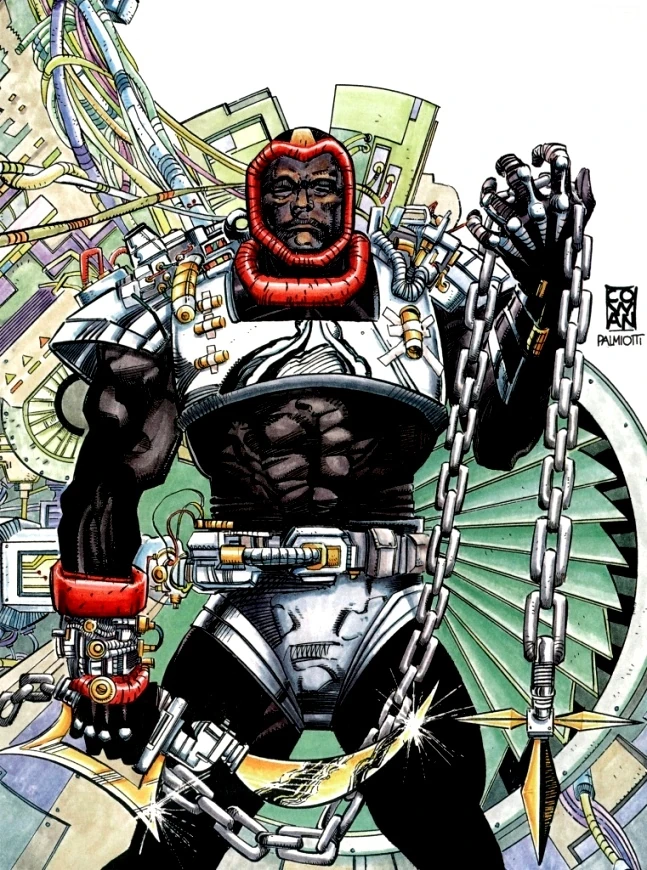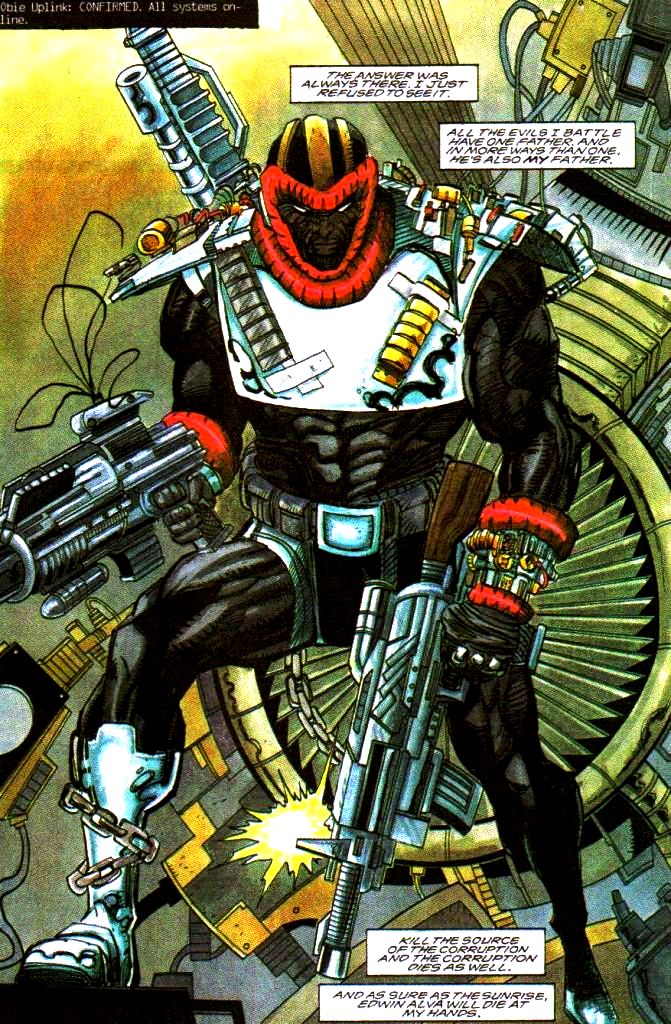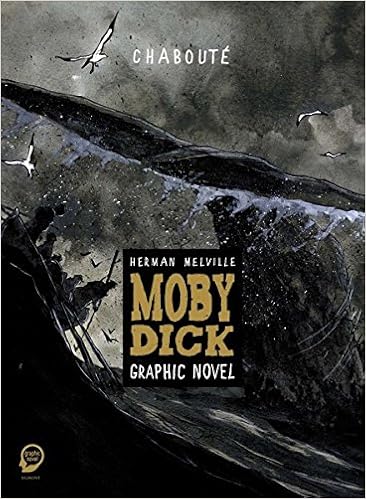In The New Yorker on
October 29, 2012, the Booker Prize winning author Ian McEwan wrote, “I believe
the novella is the perfect form of prose fiction.”
Even if that’s an overstatement, McEwan’s article
makes a great case that the novella is an important and beneficial form of
literature. So why are works of fiction with a length somewhere between short
stories and novels almost never published, unless they’re by a famous author?
The main reason is that prior to modern publishing
innovations like eBooks and on-demand production, thousands of copies of every
book had to be printed, and novellas were too short and inexpensive for
publishers to turn a profit on them (unless they were by a famous author and therefore
guaranteed to sell enough copies). But those new publishing capabilities have
made the printing cost a relatively moot issue, so the novella is now primed to
become as prevalent and appreciated as its counterparts.
We may be at the dawn of a revolution in fiction
publishing—the “Day of the Novella”—and Cruciform Press is hoping to be a
pioneer in this new age like it has been with short,
practical non-fiction books during the last decade. On July 25 we’ll be
releasing the first three novellas in our
new fiction line.
Perhaps you’ve thought of some other reasons why there aren’t
many novellas in print. For example, an avid reader I know once complained that
a short novel is a mere “snack” to her, because she likes to read long epics.
But what’s wrong with a good snack? Krispy Kreme donuts are a snack, and so are
ice cream and Doritos (or whatever kind of chips you prefer)—even Starbucks. So
that shouldn’t be a criticism or reason to abstain from novellas, and they’re
not even bad for your health!


We might assume that novellas are somehow inferior to novels
because they’re shorter, but McEwan addresses that issue very well in the
larger section surrounding the quote above:
Composers, including those of the
highest rank, have never had such problems of scale. Who doubts the greatness
of Beethoven’s piano sonatas and string quartets or of Schubert’s songs? Some,
like me, prefer them to the symphonies of either man. Who could harden his
heart against the intimate drama of Mozart’s G minor trio, or not lose himself
in the Goldberg variations or not stand in awe of the D minor Chaconne played
on a lonesome violin?
Strangely, the short story never
arouses suspicion of short-changing, probably because the form is so
fundamentally different from the novel.
I believe the novella is the perfect
form of prose fiction. It is the beautiful daughter of a rambling, bloated,
ill-shaven giant (but a giant who’s a genius on his best days). And this child
is the means by which many first know our greatest writers. Readers come to
Thomas Mann by way of “Death in Venice,” Henry James by “The Turn of the
Screw,” Kafka by “Metamorphosis,” Joseph Conrad by “Heart of Darkness,” Albert
Camus by “L’Etranger.” I could go on: Voltaire, Tolstoy, Joyce, Solzhenitsyn.
And Orwell, Steinbeck, Pynchon. And Melville, Lawrence, Munro. The tradition is
long and glorious. I could go even further: the demands of economy push writers
to polish their sentences to precision and clarity, to bring off their effects
with unusual intensity, to remain focused on the point of their creation and
drive it forward with functional single-mindedness, and to end it with a mind
to its unity. They don’t ramble or preach, they spare us their quintuple
subplots and swollen midsections.
Novellas not only promote economy and unity in writing, but they are a perfect medium for a generation of readers who have shorter attention spans and love movies (a screenplay is around the same length as a novella).











